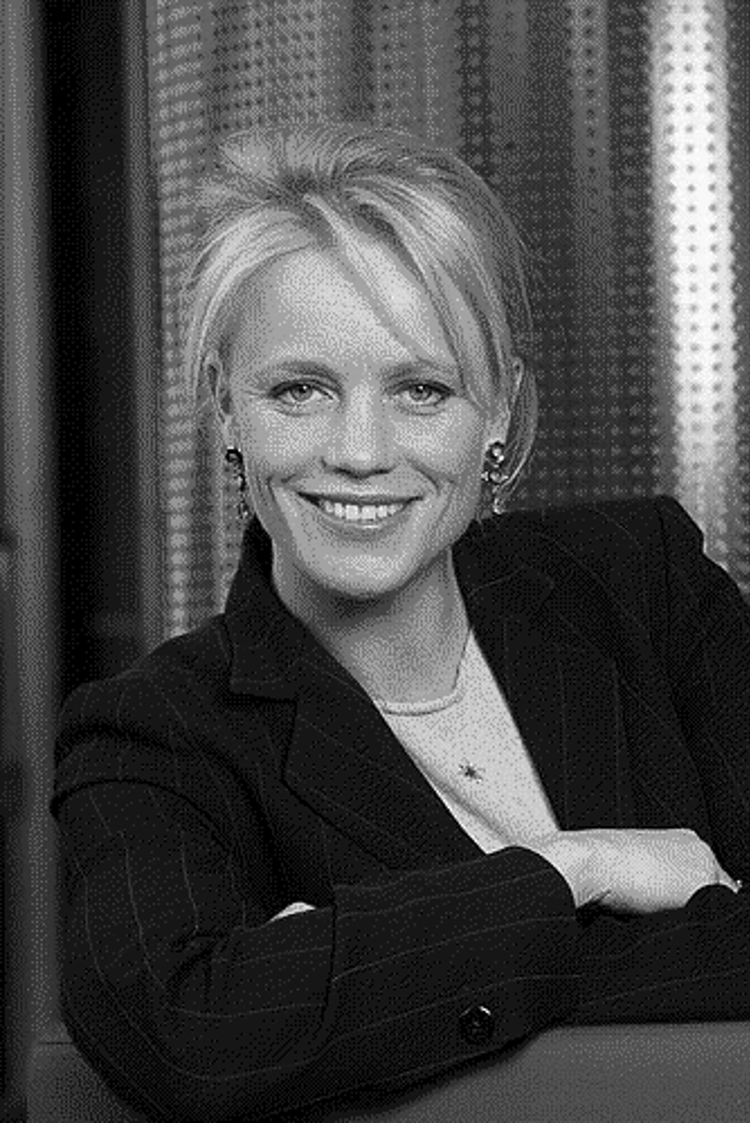To achieve this performance, the HiPAP 602 replaces the spherical transducer used by the HiPAP 502 with a large-diameter, multi-element planar array combined with electronic beam forming and unique signal processing techniques. This enables narrow transmitter and receiver beams to be generated in all directions within the lower half of the transducer, giving the HiPAP 602 high accuracy and long-range capabilities in a cone directly below the unit. This makes it well suited for deep water operation, especially seabed mining.
HiPAP SSBL systems need only a single hull-mounted transducer and a cNODE transponder on the subsea vehicle to calculate position in three dimensions, by measuring the range from the ship’s transducer to the transponder as well as the horizontal and vertical angles. The HiPAP 602 system’s enhanced angular measurement accuracy increases the depth that SSBL positioning can be relied upon for survey operations before switching to long baseline positioning techniques (LBL), thereby reducing operational cost. The system is fully compatible with the entire range of existing medium frequency cNODE transponders and modems, with depth ratings available from 100m to 7,000m.

The HiPAP 602 shares its modular construction principles with its sister product, the HiPAP 502 acoustic underwater positioning and navigation system, allowing the 502 to be easily converted to a 602 by swapping transducers. For long range towfish tracking the transducer can be fitted with a 30° tilt adapter. The HiPAP 602 is fully compatible with the latest HAIN Subsea 7000 inertial navigation system, which allows for fast calibration of sparse LBL arrays using the ROV box-in technique. Robust high speed modem capabilities permit third-party control and data transfer to and from subsea sensors, AUVs and Hybrid ROVs.
“The HiPAP 602 should not be seen as an upgrade of the 502,” says Jan Erik Faugstadmo, Product Line Manager, Kongsberg Maritime. “The two complement one another: the HiPAP 602 is ideally suited to high accuracy operation at extreme depths in a conical zone below the transducer. Outside of those circumstances, the 502 will still be the system of choice. The 602 will be of particular use in contexts such as deep water drilling, research, deep water AUV positioning and deep-sea mining, adding even more versatility to the HiPAP range which has already proven indispensable in a broad variety of subsea applications.”
For further information, please contact

